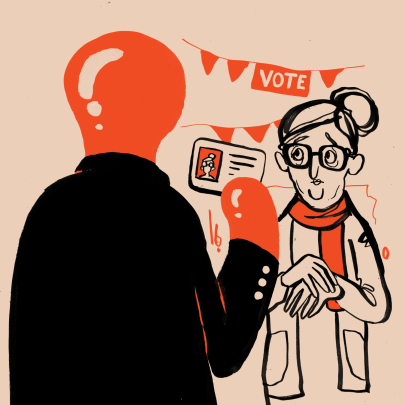Jun 26, 2015 Politics
So we’re going to pay more in rates, and it will be hurtful to many. But lost in the Herald’s front-page rant today about $1000 rates increases in the new 10-year budget were some less-frightening facts: only 2 per cent of homeowners will pay $1000 more, while 22.5 per cent will actually pay less.
Still, for a great many of us, rates will rise sharply. The most pernicious aspect of this is that mayor Len Brown and the council are being blamed, when the responsibility lies mainly with central government.
The new rates rises have two main drivers. One is the rising cost of services. The council is indeed responsible for managing that.
The second is the targeted transport levy. This was not the council’s choice. It wanted a user pays approach, with motorway tolls and/or some other kind of levy on those who use the roads. But that requires a law change and the government said no.
So the council had a choice: either scrap its plans for addressing the transport crisis, or load the cost onto rates.
Was scrapping the plans even a real option? Council officers warned of dire consequences for the city’s economic health if the council voted down the budget. And we already know that transport infrastructure will soon fail if funding for public transport, especially rapid transit, is not boosted.
Councillors who voted against the budget have not proposed useful alternatives, but have instead succumbed to narrow political opportunism and/or their own fears of a voter backlash.
There is a third reason rates are under pressure: property values are rising sharply. This has not contributed to the newly announced rates rise, but there will be more shocks in store for many after their home gets its next CV. The principal cause of rising property values is a shortage of homes, and that’s largely due to the government’s reluctance to allow the council to intensify housing stock, especially along major public transport corridors. Ministers have been sitting on their hands for years.
I hate conspiracy theories, but what else do you call it? National Party strategists are sitting tight, refusing to allow the council to deal responsibly with Auckland’s twin crises of transport and housing. Mayor Len Brown and the council have therefore been forced to consider unpopular measures, and those councillors who voted for them are now at risk in the council elections next year.
Cr Christine Fletcher tells us her Eden-Albert-Roskill ward has endured an average 10 per cent rates increase for each of the last five years, and she wants no more. Cr Cathy Casey, representing the same ward, heard the drums beating and sided with Fletcher.
But hang on. The council has been doing its best to bring across-the-board equity to residential rates ever since the supercity was established. That’s a good thing. Of course it meant some wards faced larger increases than others. Why? Because those wards, on a citywide basis, were not paying their fair share before.
Listening to the protests about rising rates, it’s easy to forget that all of us who own a home in Auckland are benefitting from what is happening to property values far more than we are being hurt by rates. Those who lose out the most are tenants, who will have rates rises passed on in their rents, and prospective first-home owners who are more excluded from the housing market with every passing week.
For an awful lot of the rest of us, our homes are earning more per year than we are.
The controversy over rates distracts us from two extremely serious problems. First, the main reason we have runaway increases in house prices is that there are votes in it. The government believes home owners do not want it to control rising property prices.
And second, the main reason the transport impasse exists is the government believes there are votes in that too. It will not allow anything that looks like a penalty for car drivers, and it does not believe public transport is the key to solving congestion on our roads.
Councillors – the slimmest majority of them – have voted for long-term strategic planning, not short-term political expediency. Good on them. Theirs is just about the only example of such political bravery we’ve seen in this country for years.
Which, of course, is not how the New Zealand Herald sees it. You might think our local paper would campaign for a better deal for Auckland on issues like this. But no. Why bother, when it’s easier to rouse a rabble with invective against Len Brown and rates?
This post was updated on June 29 in response to comments on the relationship between rates and rising property values.





